Poverty is like punishment for a crime you didn't commit
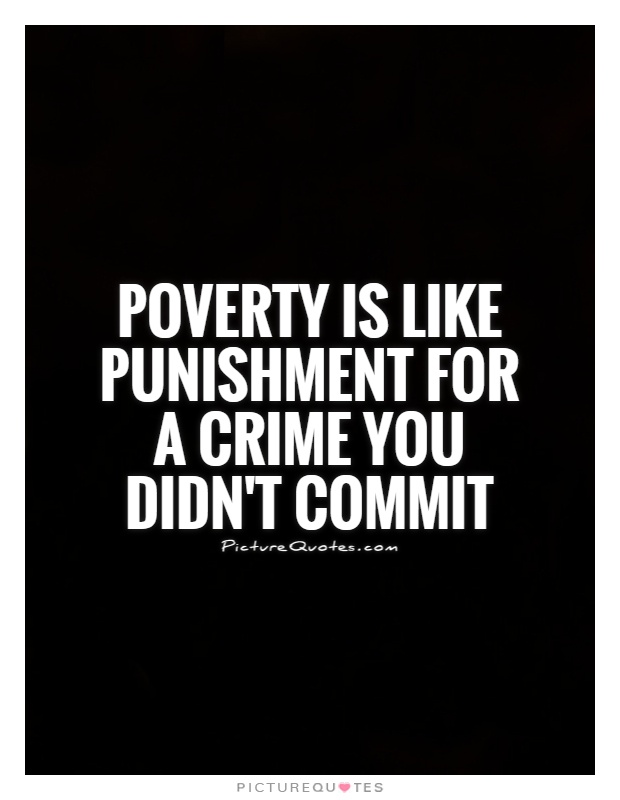
Poverty is like punishment for a crime you didn't commit
Eli Khamarov, a renowned author and philosopher, once famously said, “Poverty is like punishment for a crime you didn't commit.” This powerful statement encapsulates the harsh reality faced by millions of individuals around the world who are trapped in a cycle of poverty through no fault of their own.In many societies, poverty is often viewed as a personal failing or a lack of effort on the part of the individual. However, Khamarov's words challenge this notion by highlighting the systemic and structural factors that contribute to poverty. It is not simply a matter of personal responsibility, but rather a complex web of social, economic, and political forces that conspire to keep people in a state of deprivation.
For many individuals living in poverty, their circumstances are not the result of any wrongdoing or moral failing on their part. Instead, they may have been born into poverty, faced discrimination or oppression, or been impacted by economic downturns or other external factors beyond their control. In these cases, poverty is not a punishment for a crime, but rather an unjust and undeserved burden that they must bear.
Khamarov's words also speak to the inherent injustice of poverty. In a world of abundance and wealth, it is a travesty that so many people are forced to live in deprivation and squalor. The fact that poverty is often intergenerational, with children born into poverty more likely to remain in poverty themselves, only serves to compound this injustice.
Furthermore, the idea that poverty is a punishment for a crime implies a sense of moral judgment and condemnation that is both unfair and misguided. It suggests that those living in poverty are somehow deserving of their circumstances, when in reality they are often victims of a system that is stacked against them.
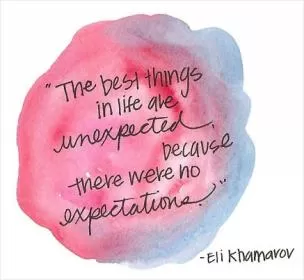
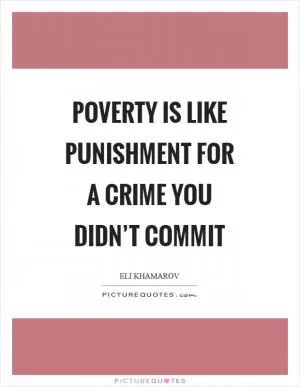
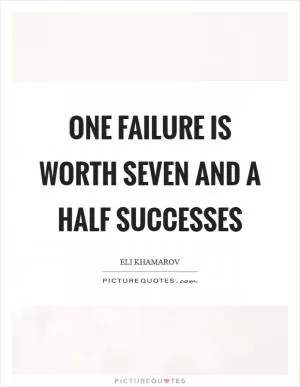

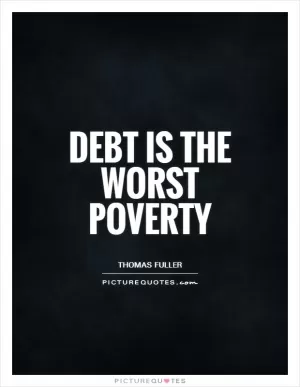

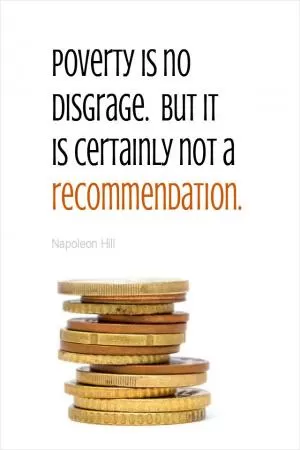
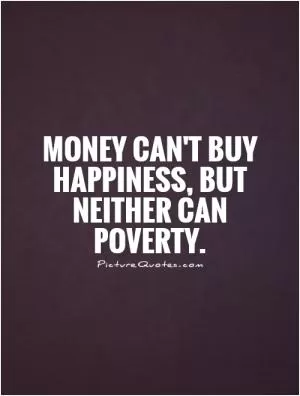
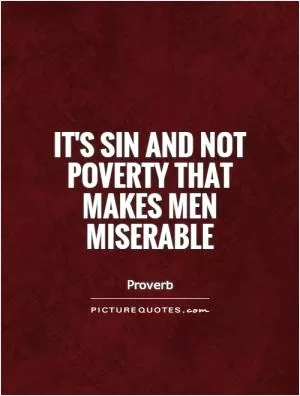
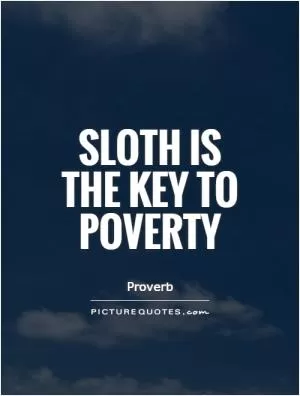
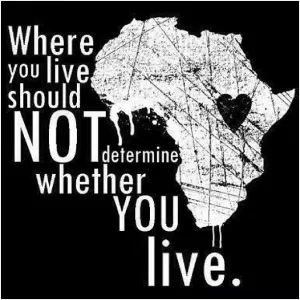
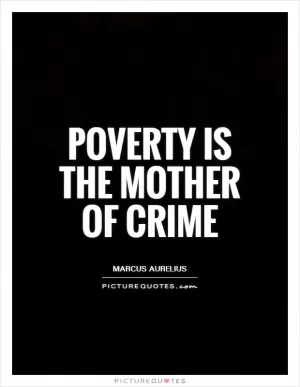
 Friendship Quotes
Friendship Quotes Love Quotes
Love Quotes Life Quotes
Life Quotes Funny Quotes
Funny Quotes Motivational Quotes
Motivational Quotes Inspirational Quotes
Inspirational Quotes